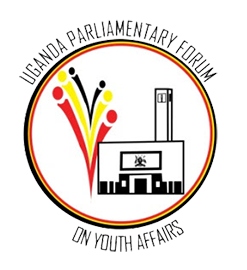Social services
Education is the most important and reliable pathway to promoting equality, and eradicating poverty in society.

Education

Education is the most important and reliable pathway to promoting equality, and eradicating poverty in society. The Quality of education remains low characterized by the low levels of literacy and numeracy, coupled with the high rate of school dropout.
Although the primary school dropout rate has reduced from 50.9 percent to 38.5 percent over the last 14 years, it remains a problem. This has led to an increase in the number of unskilled Ugandans joining the labour market and there is no deliberate effort yet by the government to trace and retrain the school drop-outs
with the necessary skills as per the labour market demand.
This has been compounded by the COVID19 pandemic. The national planning Authority estimates that prolonged school lockdown has led to 51% of learners across the entire education system stopping learning-a majority (60%) of these being from the primary subsector.
Approximately 30% of learners are projected not to return to school forever due to teenage pregnancies, early marriages, and child labour. Additionally, about 3,507 primary and 832 secondary schools are likely to close due to financial distress.
Notably, this problem is worsened by a mismatch between skills required for labor markets and knowledge produced by training institutions. Hence unless a concerted effort is made to exploit the potential demographic dividends arising from the youthful population, the unemployment problem will continue to increase.
Girls are disproportionately impacted by the school drop out rate. This is likely to affect one of the key human capital development programme targets of keeping girls in school for at least 11 years in school, as a precondition for Uganda to achieve the Demographic Dividend.

Skilling! Skilling!

The NRM Manifesto 2021 2026 highlights the government’s plan to deal with underutilisation of BTVETs through relaxing entry requirements so that willing learners, regardless of previous qualifications, are eligible for admission. To give chance to youth who are willing to acquire skills and certificates, the manifesto promises to incorporate the language of instruction that will be tailored to learners’ proficiency.
The forum will lobby for increased government budgetary allocations and investment in prioritizing skills and vocational development to address unemployment, especially among the youth.
Through budgetary allocations to the ministry of education to retool and improve technical and National Development vocational institutes in all the districts of Uganda. Presently, about 55% of the districts have a technical and vocational institution, although they are grossly underutilised.
In addition, the forum will work with the Ministry of Education and Sports together with the Directorate of Industrial Trainings to popularise the free skills training opportunities available through UPPET and BTVET institutions.
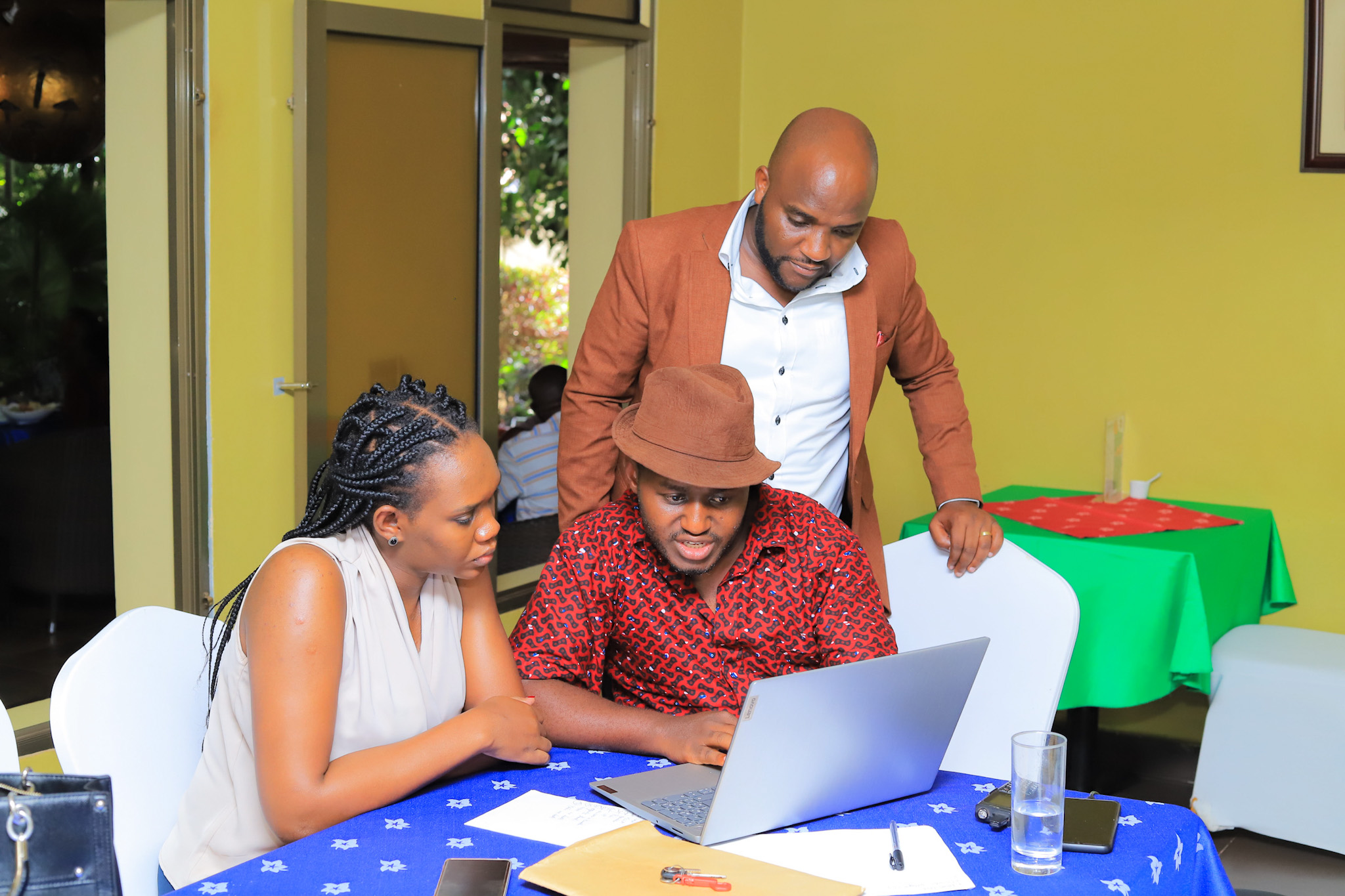
Education financing and access

The forum will support the review of the Higher Education Students Financing Act, 2014 to ease access to the loan, introduce transparency and equity in the management and administration of the scheme.
The forum will support and lobby for an increase in budget allocation under the higher education financing scheme and task the ministry of education to make the scheme more transparent and increase access to information.
The Forum shall task the MoES to increase the share for enrolment of students with disabilities in the public Universities through the National Disability Scheme to promote access to equitable education.
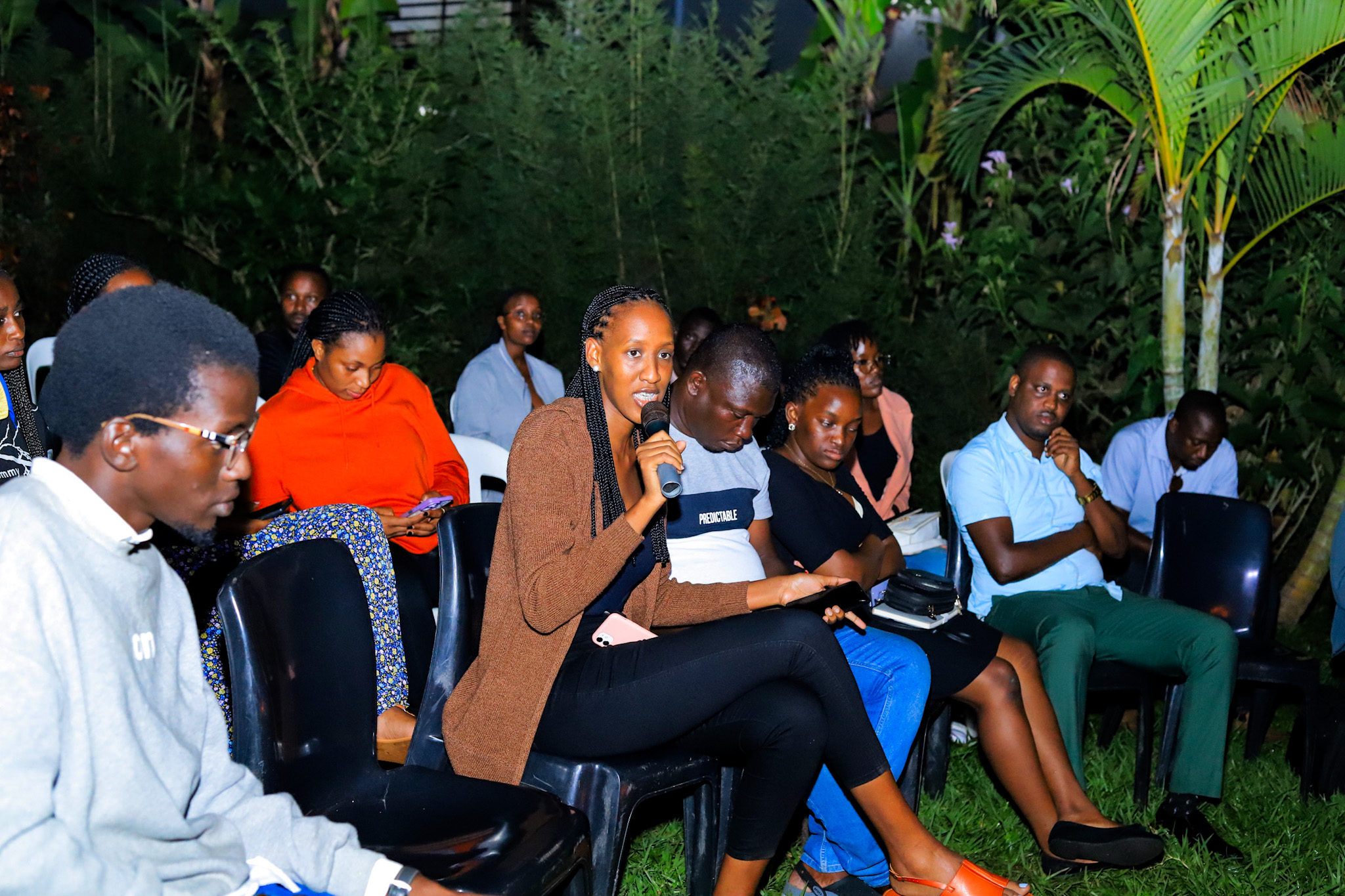
Teenage pregnancies and school drop outs

According to the Health Management Information System data, there has been a surge in teenage pregnancies across the country during the lockdown. Analysis of data on first Antenatal Care visits from District Health Information System (DHIS-2) shows that there was a 17% spike in teenage pregnancies between March 2020 and June 2021.
Pregnancy cases among girls aged 10-14 increased by 366.5% between March 2020 and September 2020. The devastating impact of COVID 19 has reversed the gains made towards gender equality, specifically, in the areas of education, financial and social outcomes for women and girls. This is likely to affect one of the key human capital development programme targets of keeping girls in school for at least 11 years as a precondition for Uganda to achieve the Demographic Dividend.
In addition, keeping girls longer in school reduces the fertility rate, consequently reducing maternal and infant mortality. A 2020 UNDP report on the Teenage Pregnancy in Uganda; The Cost of inaction reported that, : Teenage mothers are three times less likely to have professional jobs and twice more likely to be self-employed in agriculture. About half of the teenage mothers (47%) are peasants in subsistence agriculture.
Only 5% of the teenage mothers are employed in professional occupations. Subsequently teenage mothers will have a lower income level that eventually affects their standard of living and contribution to productivity. at a macro level, the report futher indicated that Macro level health care costs: Families of all teenage mothers in 2020 spent UGX1.28 trillion (290 million USD) on sexual reproductive health services and the estimated health facility expenditure on teenage mothers was UGX 246.9 billion (70 million USD).
Collectively this is equivalent to 43% of the Ministry of Health 2019/20 budget. The largest amount of expenditure is spent on normal delivery and care of newborns
● The forum with liaise with the Parliamentary Committee on education and sports ton ensure that The Ministry of Education and Sports through the District Education Officer implements the revised Guidelines on Prevention and Management of Teenage Pregnancy in school settings in Uganda (2020), as they provide for the reintegration of adolescent mothers (10-19) into learning institutions post COVID-19.
● Members of the forum will convene regional dialogues and community sensitization campaigns religious and cultural institutions and the local government officials in an effort to support interventions for creating economic and livelihood opportunities for teenage mothers, addressing the social and cultual causes of teenage pregnancies.
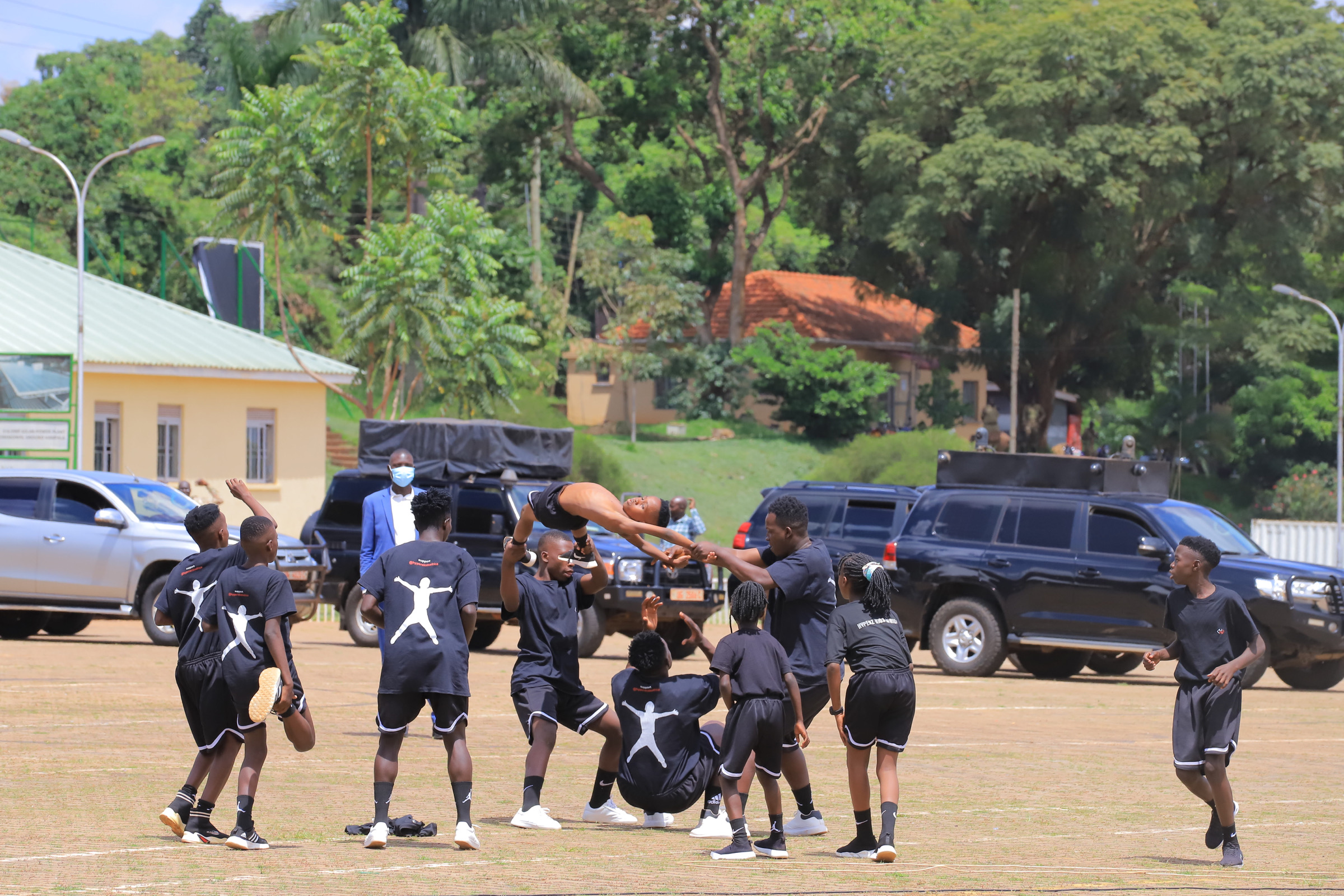
Sports

The forum with advocate and lobby for increased investment in sports infrastructure at the local and national level including, securing land for sports grounds in each district establishment of regional sports-focused schools and academies, renovation and construction of appropriate standardized recreation and sports infrastructure.
Secondly, the forum will engage with the ministry of education and sports, the ministry of Finance and Parliament to establish a fund under the sports sub sector to develop, nurture and reward talent, through the educational and tertiary institutional mechanism.
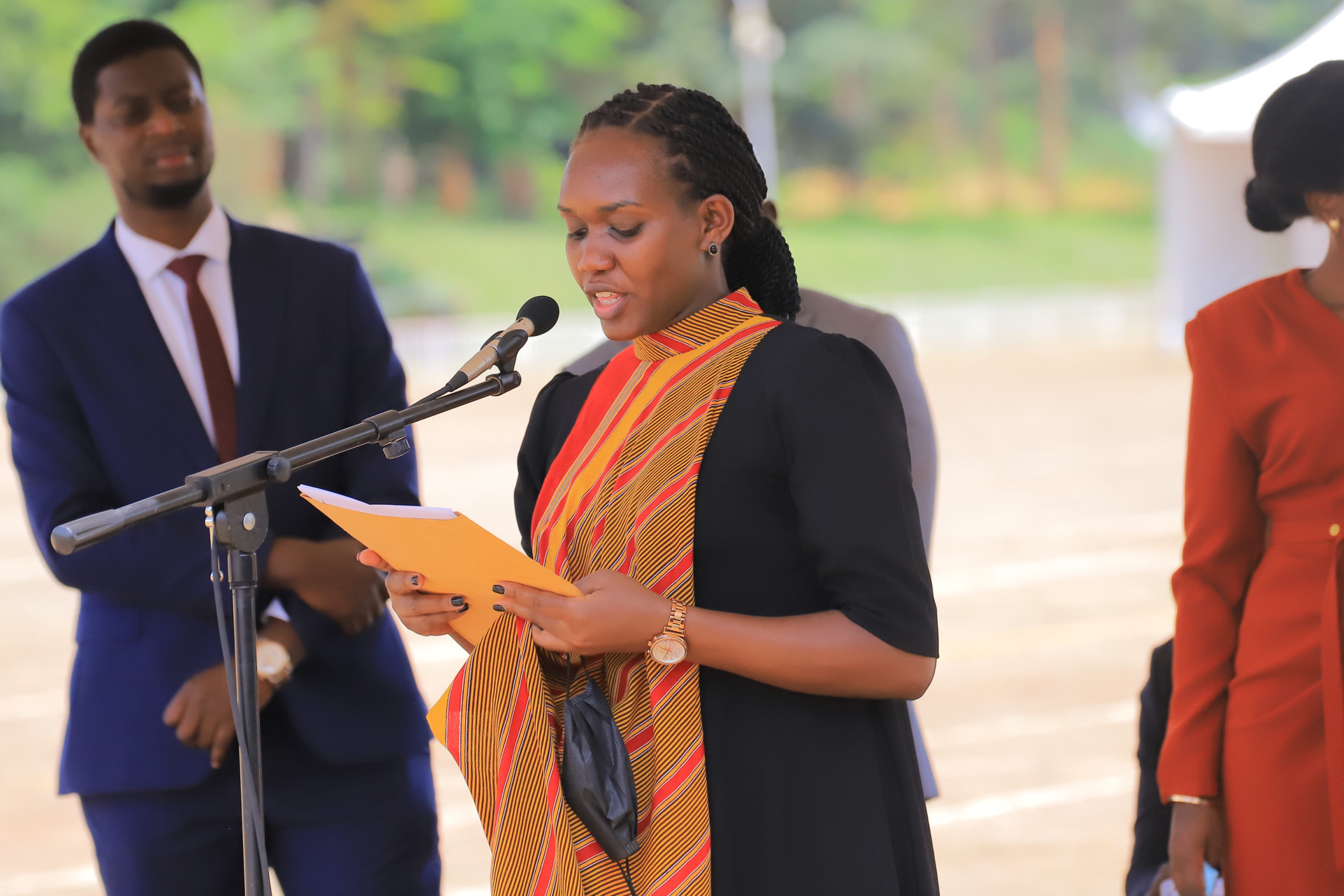
Healthcare

Seventy-five percent of the disease burden in Uganda is still preventable through health promotion and disease prevention. The forum will support ongoing efforts by the Ministry of Health to expand and increase inoculation and vaccine coverage as an effective measure to deal with the COVID 19 pandemic.
The forum will engage the Ministry of Health to develop, implement, and popularise the Reproductive, Maternal, Newborn, Child and adolescent Health (RMNCAH) action plan. Specifically, the plan should spell out a strategy for scaling up Adolescent Sexual and Reproductive Health response services to health centers and communities.
The forum will lobby for the streamlining of mental health services for young people within regional referral health care systems/networks through target financing by 2 percent to provide for prevention and rehabilitation programs or services.
We recognize that the passing, adoption and roll-out of both the National Policy on Adolescent Health, and the National School Health Policy as frameworks for streamlining programming that is responsive to the peculiar health needs of adolescents in and out of school is critical.
We shall work with partners to enhance the government’s commitment to fighting against HIV/AIDs in order to control the spread of the disease as it had done before with the aim of beating the 2030 timeline of SDGs. The pandemic has obviously exposed young people to unprotected sex, sex exploitation, which predispose them to STDs and undone gains made in the fight against HIV/AIDs.
The increasing cases of teenage pregnancies are indicators of lack of awareness on the dangers of early marriages, the HIV/AIDs poor management strategies of the effects of the closure of educational institutions.
We shall also support and lobby for an increase in specific budget lines for sexual reproductive health and rights including promotion and access to modern contraceptives to youth. Much of the budgetary allocations for SRHR is funded by international NGOs, and in the event of donor/aid budget cuts, the sector is unable to cope with the SRHR demands.
The growing concern for school going girls has been the management of menstrual hygiene. While we recognize that the government pledge to provide sanitary pads to girls has not been fulfilled, we shall engage the Ministry of Health to support initiatives and organsations that produce and distribute reusable pads to unprivileged school-going girls as part of its sexual reproductive minimum care package.
The 10th Parliament passed the Health Insurance Scheme Bill as a progressive step towards providing universal and affordable access to health care in Uganda. However, the Act has not been assented to by the President. The Forum will work with the mover of the bill to expedite the reconsideration of the Bill and engage with the President, on issues of contention and streamline them so that the Bill is re-enacted.
The forum will continue supporting increased funding to the health sector towards, primary health care through improved functionality of health facilities by having the necessary equipment and personnel to operate them. Equally important is demanding for accountability and service delivery through the sectoral committees on health, public accounts committees to ensure allocated resources improve citizens welfare.
